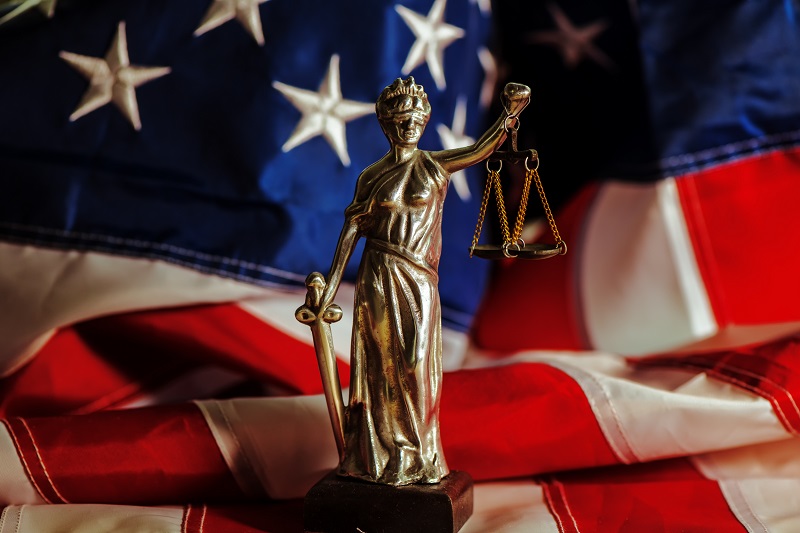
01 Jul REPUBLIC OR A DEMOCRACY

Margaret A.M. Heine
is the principal counsel at Heine Law Group in Fullerton, California. She is licensed in California and Washington and has authority to practice before the Supreme Court of the United States and the United States Court of International Trade.
Her practice includes estate planning, wills, trusts, and probate as well as business, real estate, and civil litigation. Email: nbylegas@gmail.com or visit company website www.margaretamheine.com.
IT’S NEVER TOO EARLY TO PLAN FOR TAXES
With states voting to ignore the electoral college – a very important question is often overlooked, what is the United States? Does the electoral college protect a very critical and essential part of the United States?
The states voting to ignore the electoral college are stating that they will not let the citizens of their states determine what candidate for president gets the electoral college vote, but that the candidate that gets the most popular vote in the entire country will get their electoral college vote. Thereby, all opposition votes are basically wiped out, and the minority would not have a voice in the election.
Is this even constitutional? What would be the incentive for people to go out and vote? Were the founding fathers’ protecting everyone’s vote with the electoral college? Is today’s new “intolerance of opposing views” wiping out the freedoms which were to be guaranteed by our constitution?
This discussion should begin with an understanding of what form of government is intended in our Constitution. Are we a republic or a democracy?
Before we delve into the differences, a democracy can simply be referred to as “Majority Rules”. Dissenters have no voice in a democracy and cannot form opposing policies or even have a true voice in the ruling of the country. A republic is more simply defined as “As Every Person Has a Voice—A Vote”. A republic allows all people to have a voice in the ruling of the country.
In both forms of government there are ruling parties made up of representatives that are representing the rights of the constituency. In a pure democracy, all rights of all citizens can be changed by a simple majority rules voting system. In a republic, the interests of the constituency are represented by a constitution or charter of rights which cannot be taken away by the representatives, but instead are enforced by the representative. Thereby, even minority constituencies get equal protection.
The United States is a type of hybrid of these two concepts, it is a democratic republic. We have a constitution which can be amended and adapted by a vote of the representatives and subject states which belong to the union of states.
Both forms of pure representation were designed to avoid dictatorships, monarchies, tyrants and coups. Conceptually, each government is elected by the people. However, a republic gives its citizens inalienable rights which cannot be taken away by a majority vote. Our constitution provides that these rights are life, liberty and the pursuit of happiness. Further, the constitution provides protections that the minority is represented and cannot have their rights ignored by the majority.
A republic recognizes that individuals have rights, especially voting rights. These rights are individual to each and every citizen. If the voting system is turned into “majority rules” and all votes go to the popular candidate, ignoring what the voters of that individual state voted, then the minority is never heard and every vote would not count. The majority is not allowed to take away certain rights as granted by the constitution. Sovereignty of the nation is held by the individuals in the constituency.
The electoral college is supposed to protect the rights of all persons, so that even small states have a say in who is elected President. This is to give voice to smaller states and constituencies who will also be directly impacted by the choice of President.
The Electoral College system was established in Article II of the Constitution and amended by the 12th Amendment in 1804. Each state gets a number of electors equal to its number of members in the U.S. House of Representatives plus one for each of its two U.S. Senators. The District of Columbia gets three electors.
Each state is thereby guaranteed a voice in the Presidency and Vice Presidency in heading the country. Remember, this is only one branch of the government which is determined in this manner. The individual representatives and senators are also elected by the state’s citizens and form the second branch of government. It would not give states an equal footing in ruling our “union of states”, if we denied states to have equal footing in choosing the President and Vice President.
We are reminded that the United States is a republic each time the Pledge of Allegiance is recited. It states, “I pledge allegiance … and to the Republic for which it stands”.
A republic may be a more moderate form of government as it grants rights which cannot be taken away from the population, provides that each individual has a voice in government and elections, and provides for the indirect choosing of a president through the electoral college, a system of checks and balances to protect all people.
A republic allows laws which are passed by a majority to be overturned if they take away constitutional rights which belong to the individual. Several examples would be the laws making racial segregation permissible which were overturned in Brown v. Board of Education, or laws which restricted the rights of individuals to vote, overruled by Suffrage Rights allowing a women the right to vote, the Civil Rights Act of 1964, Griswold v. Connecticut allowing women rights to birth control, Phillips v. Martin Marietta which prohibited discrimination on the basis of race, color and creed, and Loving v. Virginia which allowed interracial marriages overturning laws passed by the majority prohibiting such unions.
We are a republic democracy. A cross breed – but a republic which values many of the values of a democracy without the unsavory result of the will of the majority imposed without opposition on the minority. Our checks and balances make our republic work, and any action which infringes on our republic, ultimately undermines our constitution.





Sorry, the comment form is closed at this time.